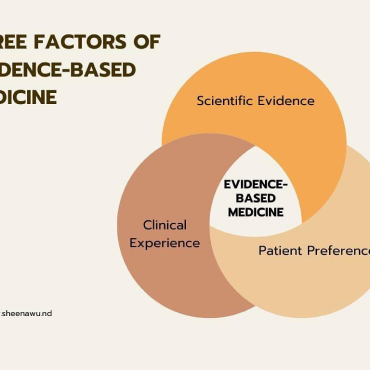
The frequency of bowel movements varies greatly among individuals. Some may have up to three bowel movements a day, while others may go every other day. As long as stools are well-formed, easy to pass, and free from bloating or discomfort, there is typically no cause for concern.
If these symptoms persist for weeks or longer, it may indicate chronic constipation, which can disrupt daily life and suggest underlying issues like dehydration, digestive imbalances, or an unhealthy diet. If left untreated, it can lead to complications such as hemorrhoids, fissures, or blockages.
Taking early steps to manage constipation is crucial for maintaining a healthy digestive system.
Dr. Wu, ND, takes a comprehensive approach to managing constipation by examining lifestyle factors that may influence bowel regularity, including diet, fluid intake, and macronutrient balance. Investigative lab work can assess bacterial imbalances through Comprehensive Stool Analysis and Parasitology, food intolerances via Food Sensitivity Testing, and bacterial overgrowth through SIBO breath testing. Dr. Wu, ND will help you in determining which tests are appropriate for you.
Through a thorough intake process, potential causes and contributing factors can be identified and addressed with dietary and nutraceutical aids. Dr. Wu, ND also discusses digestive hygiene and offers tips to promote the migrating motor complex, ensuring that constipation is not due to functional deficiencies.
― dr.sheenawu.nd






Email: [email protected]
© 2026 Dr. Sheena Wu, ND | All rights reserved | Designed & Developed by HealthBuddha.ca.